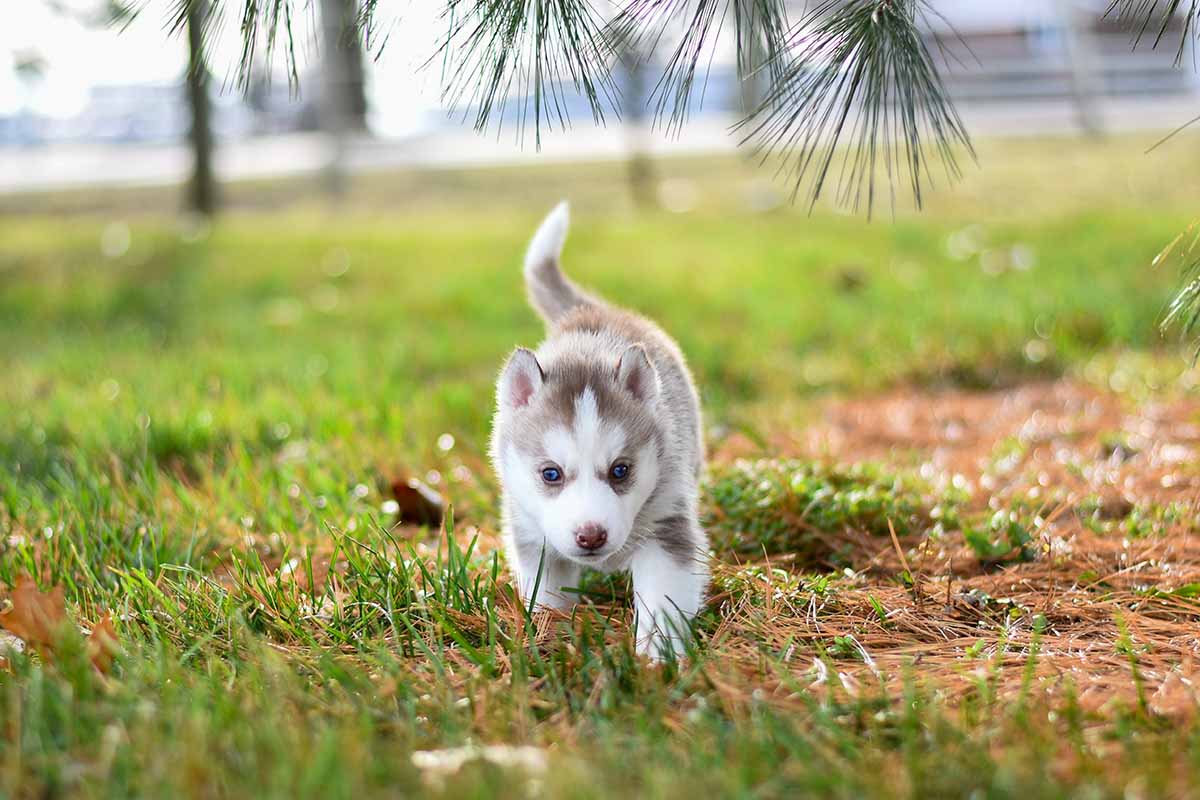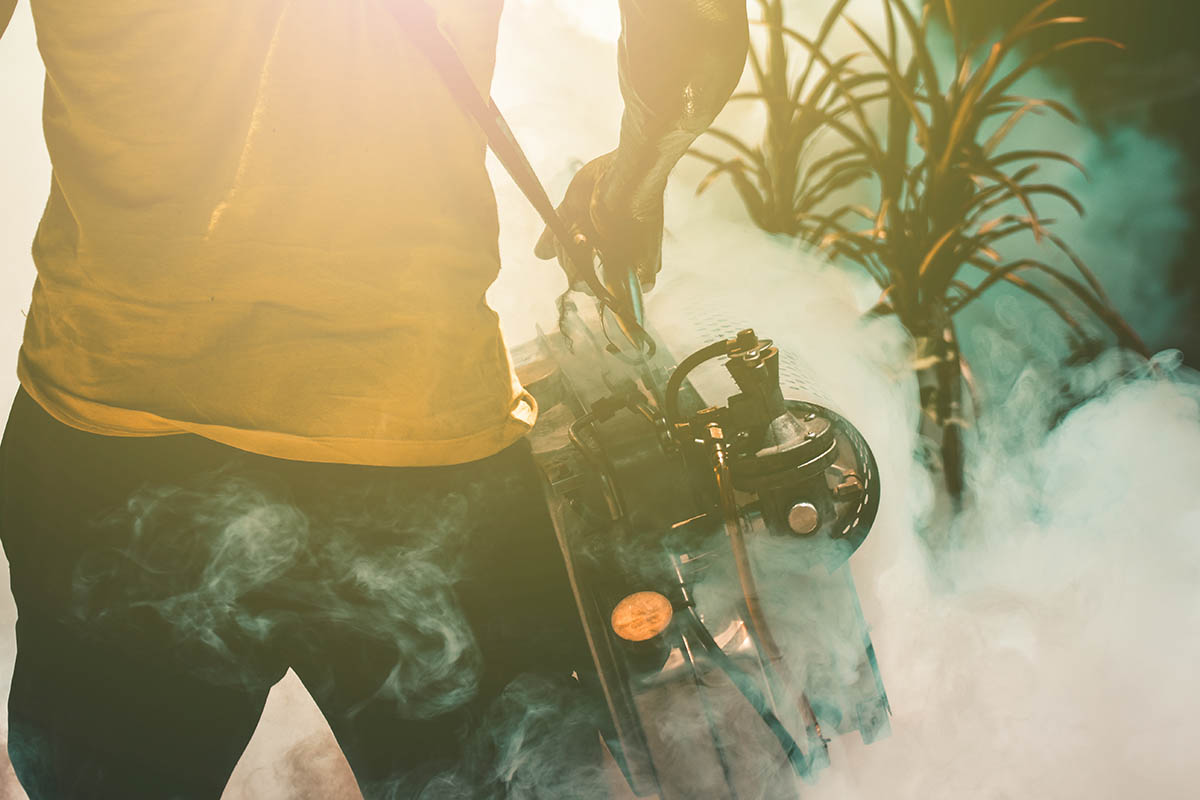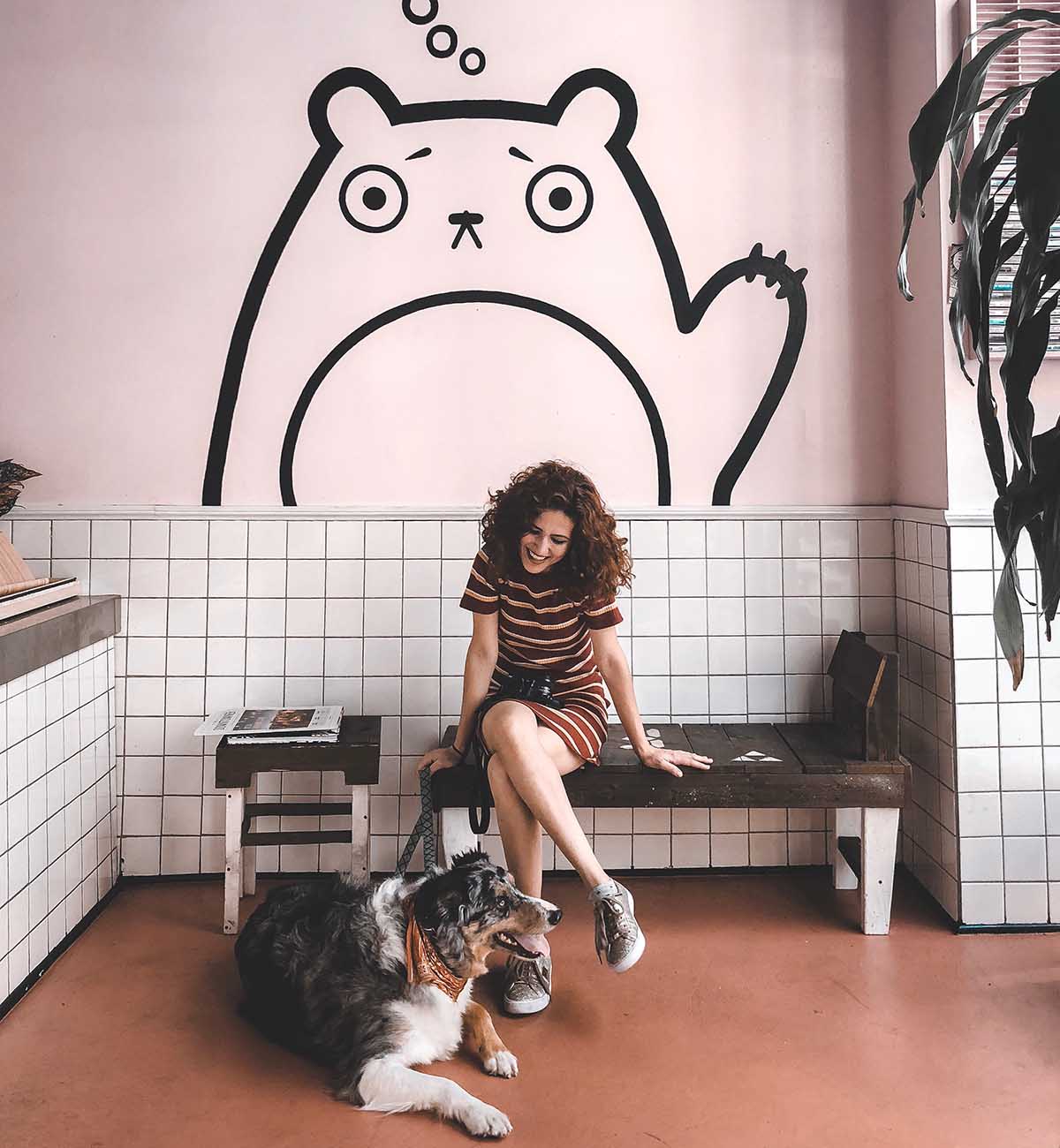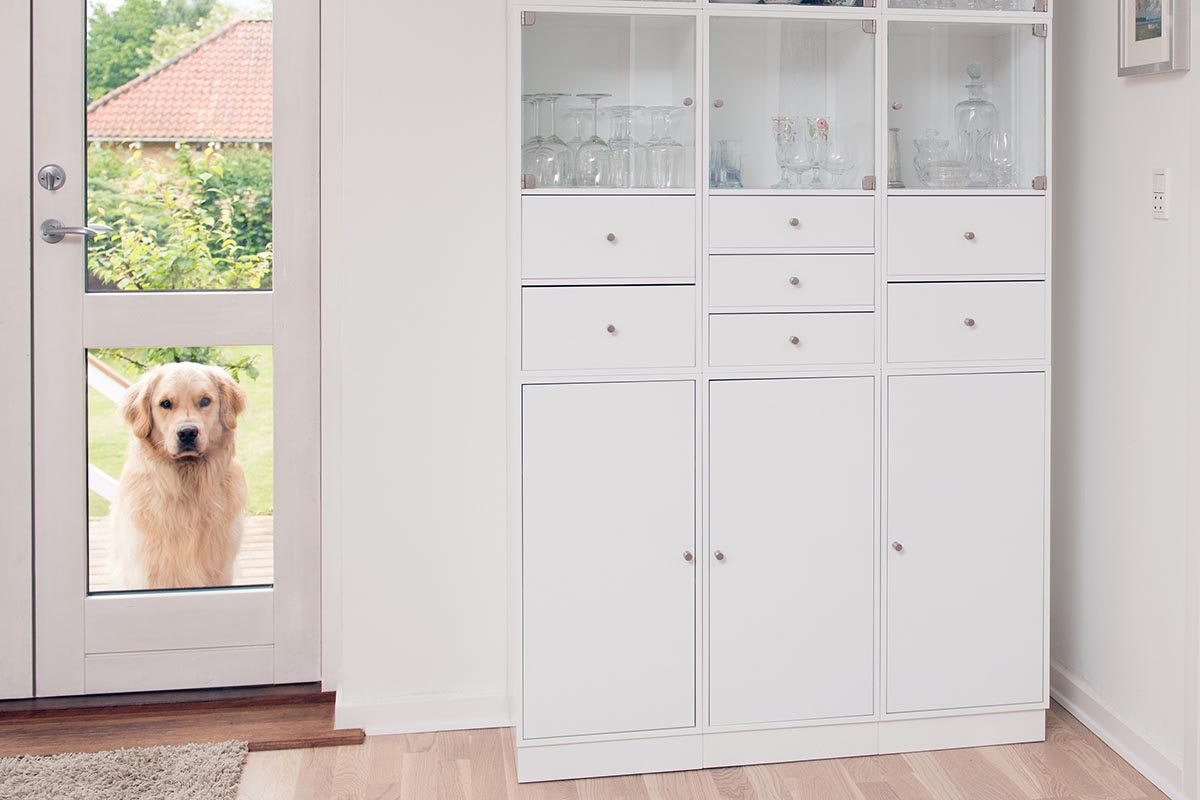Parvovirus In Puppies – 3 Prevention Tips
Canine parvovirus (CPV) is an extremely transmissible viral disease among dogs of every age. This disease can spread through contact, and the virus lives on the surface for several months. Unfortunately, puppies have low immunity and thus fall prey to this deadly disease much faster than adult dogs. However, with proper protocol, parvovirus in dogs can be prevented.
Here are 3 preventive tips that can save your puppy from CPV.
Get Your Puppy Vaccinated
Early vaccination can save the later suffering and trouble of parvo. Therefore, puppies should receive the first vaccination dose at the recommended age. The female dogs should also be vaccinated before delivering the puppies. This is because their antibodies play a major role in developing resistance and immunity in the due puppies’ early weeks of life.
Furthermore, puppies should not be allowed to come across any unvaccinated dog. The owner should ensure that either the puppies remain at a safe distance from unvaccinated dogs or every other dog in the vicinity should be vaccinated against parvo. Parks and playgrounds are major hubs of parvo since the virus can survive on the ground and attach to your dog’s paws or even your clothes. Hence take your puppy for playing or a stroll at a place with less to no public or animal involvement. Take the safety precautions a notch up and discuss it with your vet too.
Also, make sure no gaps occur between the vaccine and its booster. Timely vaccination is crucial. If your puppy misses the assigned booster time, the vaccination series will have to be reinitiated. For example, as your puppy turns 6 weeks, the vaccine is given every 3 – 4 weeks. Your dog will be considered completely vaccinated at the age of 1 after receiving the booster shot.
When Doubtful, be Cautious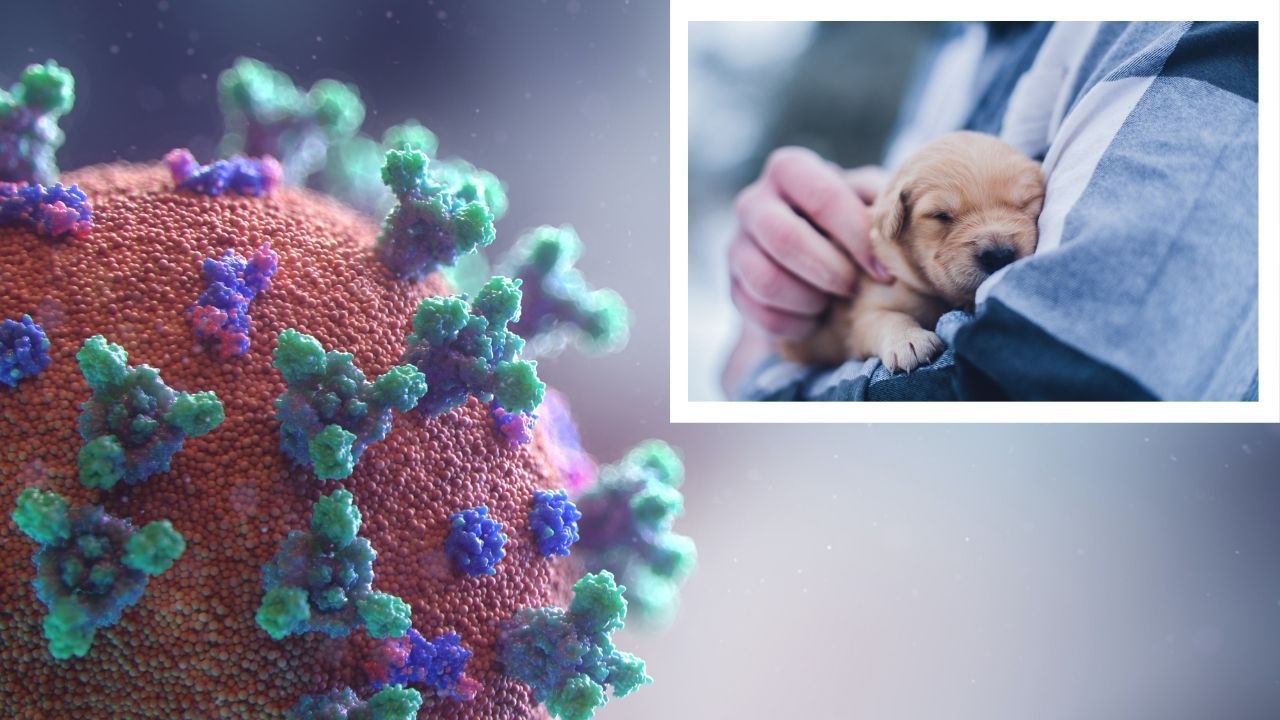
Prevention is always better and less costly the cure. Parvo can imply mental and physical strain to both the owner and the puppy. So it is always to stay on the preventive side, know about the causes of parvo, its symptoms, and treatment options at hand. Getting ready for this disease beforehand will give you an upper hand. Discuss preventive strategies with your vet and how to best keep your puppies away from it.
Parvo is not airborne, but it can live on certain surfaces, hands, bushes, grass, and anywhere possible. So your best bet is to be cautious about your and your puppy’s hygiene at all times. Also, do not let the puppies socialize until they are completely vaccinated. You can also get puppy classes at a reputed training center.
Carry Out Routine Cleaning
Routine cleaning with bleach and potent disinfectant is mandatory. Any surface of your home or kennel where another animal or outsider may have come into contact should be disinfected immediately.
Dispose of the fecal waste dutifully and clean the area. Use disinfectants recommended by the vet rather than buying one yourself. Furthermore, opt to wear shoe covers when visiting isolation areas. If any clothing or bedding has been profoundly soiled, discard them. Finally, use hot water to clean the litter trays and detergent of good quality. Develop the habit of this cleaning routine, and you can successfully defeat parvovirus, all the while keeping your pup safe and sound.
